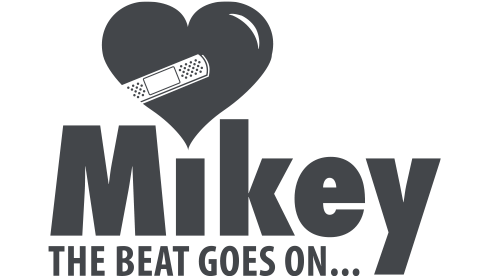How is Muscle Actually Built?
This week’s Fitness Post is brought to you by personal trainer Igor Klibanov from Fitness Solutions Plus.
 Can you believe one of my readers actually asked me to go over the process of muscle building? That’s music to my ears, knowing I’m not the only physiology geek here. Even if you’re not focused on muscle building, pay attention anyway. If you’re a woman who wants to “tone”, guess what you really want to do: build muscle. So whether you want to be the next Arnold Schwarzenegger or Jessica Biel, keep reading. You’ll learn a few interesting things, and I’ll try and make this as clear and interesting as possible.
Can you believe one of my readers actually asked me to go over the process of muscle building? That’s music to my ears, knowing I’m not the only physiology geek here. Even if you’re not focused on muscle building, pay attention anyway. If you’re a woman who wants to “tone”, guess what you really want to do: build muscle. So whether you want to be the next Arnold Schwarzenegger or Jessica Biel, keep reading. You’ll learn a few interesting things, and I’ll try and make this as clear and interesting as possible.
At its very core, there are only 2 things that can increase the actual size of your muscles: muscle damage and the right hormonal environment.
You see, you have 2 types of muscle fibers (yeah, I’m oversimplifying a bit): slow twitch and fast twitch.
The slow twitch fibers are slow to contract (so they don’t produce a lot of power), but they have great endurance capabilities. Fast twitch fibers are fast to contract (so they have the potential to produce a lot of power), but have very little endurance. Think of red meat as being slow twitch fibers, and white meat as being fast twitch fibers.
It’s actually the fast twitch fibers that have the greatest capacity for growth, and the way to stimulate them is through either fast contractions with a low-moderate weight, or slow contractions with a moderate-heavy weight (heavy is strictly relative to your own abilities and not anyone else’s).
And no, jogging or walking will not build your leg muscles. It’ll certainly give them lots of endurance, but not much strength (endurance and strength are opposites). Yes, you’re contracting your leg muscles a lot of times, but it’s done under a very low load, and in the wrong hormonal environment (long-duration cardio releases the hormone “cortisol”, which burns muscle).
So when you stimulate the muscles with the right type of stimulus, you get something called “microtears.” These are small tears to the muscle. Don’t worry, they’re not harmful. They’re actually highly beneficial, since they stimulate the muscles to adapt to the stress you just put them through. They adapt by growing (and for the ladies reading this, if you don’t like the word “growing”, just mentally replace that with the word “toning”. It means the same thing).
Train the right way, rest and give yourself the time and nutrients to recover, and train again with slightly higher repetitions or heavier weights.
And that, in a nutshell is the process of muscle growth.
Now, of course, there’s much more to it. Here are some other things that will affect your ability to grow muscle:
- The right hormonal environment as mentioned earlier. For instance, little boys who are gymnasts are stronger than most adults. Yet they are not muscular. Why? They simply don’t have enough testosterone to be muscular. But testosterone is just one hormone in a finely-tuned symphony responsible for muscle growth.
- Good digestive health. You could be eating all the protein and nutrients in the world, but if you’re just not absorbing it, you have little hope of growing muscle, even if your workouts are perfect.
- Eating the right amount and balance of food. Different body types require different food and balances of food to grow muscle. For instance, the person who’s naturally chubby requires fewer carbohydrates to grow muscle. The person who’s naturally skinny needs to be practically on a maple syrup diet to grow (OK, maybe not that much sugar, but they do need a lot of carbohydrates for muscle growth).
- And more.
Oh, and let’s not forget that if you build muscle, not only will you look better, but your immune system will function better, your bones will be stronger, you’ll have more energy, and better posture.
Short Summary
- You have 2 types of muscle fibers in your body: slow twitch and fast twitch.
- Muscle growth strongly depends on the right hormonal environment and the right type of exercise.
- When you exercise the right way, you create tiny tears in the muscle that will cause your muscles to grow.
- Muscle growth also depends on good digestive health, and eating the right amount and type of food.







